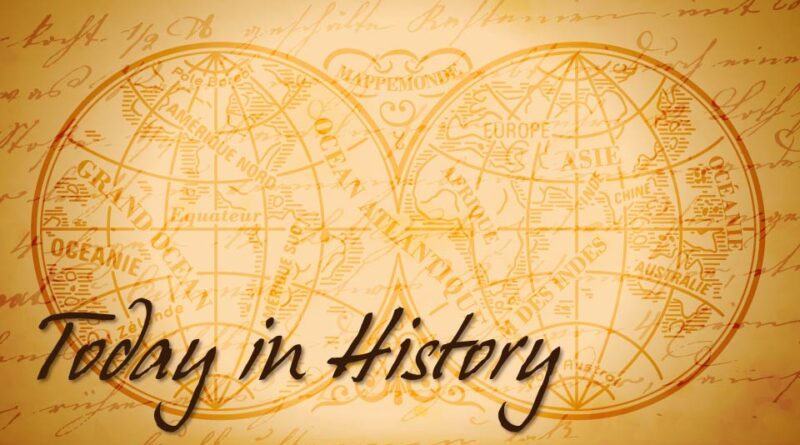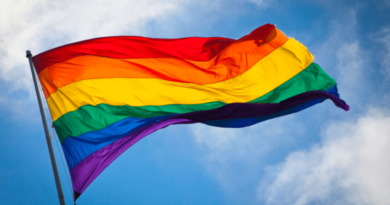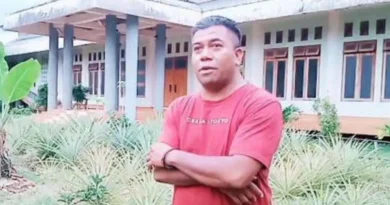This day in History: August 6, 1945: Hiroshima’s Darkest Day
This day in History: August 6, 1945: Hiroshima’s Darkest Day
Hello everyone.
Have you ever stopped to wonder what the world was doing exactly one year ago? Ten years ago? A hundred?
Today isn’t just another date on the calendar, it’s a portal to the past. Somewhere, sometime, something happened that shaped the world we live in today. A decision was made, a life was changed, a boundary was broken, or in some cases, history took a dark and irreversible turn.
Welcome to ‘This Day in History’, where we don’t just remember the past, we learn from it. Because if we look closely enough, today holds echoes of what was, and lessons for what’s to come.
So, let’s rewind the clock, not to escape the present, but to better understand it.
This Day in History: August 6th
The Day the World Changed – Hiroshima, 1945
On August 6, 1945, the world witnessed a moment that forever altered the course of history. At 8:15 a.m. local time, the United States dropped an atomic bomb, codenamed “Little Boy,” on the Japanese city of Hiroshima during the final stages of World War II. The explosion instantly killed an estimated 70,000 people, with tens of thousands more succumbing to radiation exposure and injuries in the months that followed.
It was the first time in history that a nuclear weapon had been used in warfare, marking a turning point not only in the war but in human civilization itself.
The Context Behind the Catastrophe
By mid-1945, World War II had raged on for nearly six years. Nazi Germany had surrendered in May, but Japan remained defiant. The U.S., aiming to bring a swift end to the war and avoid a costly invasion of mainland Japan, opted for a demonstration of devastating power.
President Harry S. Truman authorized the use of the bomb, developed through the secret Manhattan Project, a massive wartime effort that brought together some of the world’s greatest scientific minds.
Three days after Hiroshima, on August 9, a second bomb was dropped on Nagasaki. Japan surrendered on August 15, 1945, effectively ending World War II.
The Legacy of August 6
The bombing of Hiroshima has remained one of the most controversial and deeply analysed decisions in history. It raised profound ethical questions about the use of nuclear weapons, ignited decades of arms races during the Cold War, and led to global efforts toward nuclear disarmament.
Today, Hiroshima stands not only as a city of tragedy but also as a symbol of peace. The Hiroshima Peace Memorial Park, with its iconic Atomic Bomb Dome and annual ceremonies, reminds the world of the consequences of war and the enduring hope for peace.
Other Events on August 6
Though Hiroshima dominates the historical memory of August 6, other notable events occurred on this day:
- 1965: U.S. President Lyndon B. Johnson signed the Voting Rights Act into law, a landmark piece of civil rights legislation that prohibited racial discrimination in voting.
- 1991: The first website went live on the World Wide Web, revolutionizing access to information and communication.
- 1926: Gertrude Ederle became the first woman to swim across the English Channel.
Why Remember This Day?
History is more than dates and events, it’s about people, choices, and consequences. Remembering what happened on August 6 helps us confront the past honestly, honor the lives affected, and commit to building a future rooted in peace, justice, and understanding.
Conclusion
As we close today’s journey through history, we’re reminded that the past isn’t as far away as it seems. The choices, challenges, and triumphs of those who came before us still shape the world we live in, sometimes in ways we don’t immediately see, but always in ways worth remembering.
To our loyal readers who come back time and again, thank you. Your curiosity, your passion for learning, and your desire to connect with the stories of our shared past are what keep this space alive. You are the reason we continue to dig deeper, ask better questions, and tell these stories with care.
Whether you’ve been with us from the beginning or just recently joined the journey, we’re grateful you’re here.
Until next time, keep wondering, keep remembering, and keep coming back. Because history isn’t just about what happened, it’s about what we do with it.
Read Also: Joyce Meyer: A Modern-Day Hero of Faith Inspiring Millions Worldwide
Content Credit | Olaoluwa Ayomide
Image Credit | google.com




